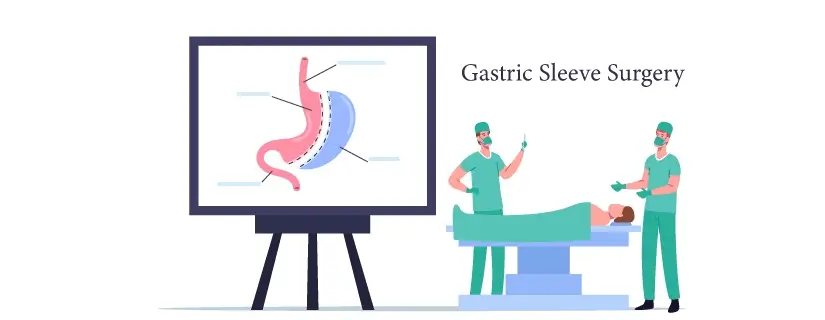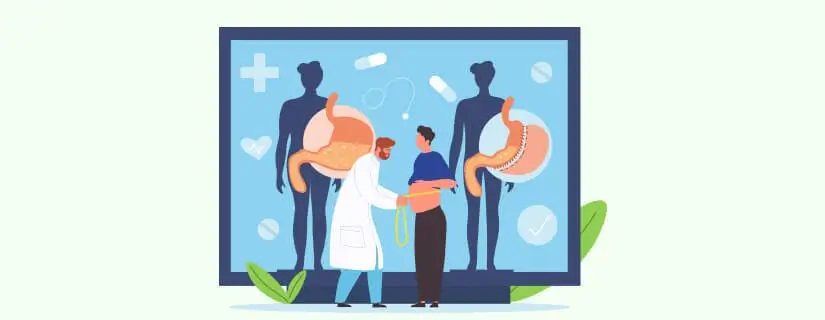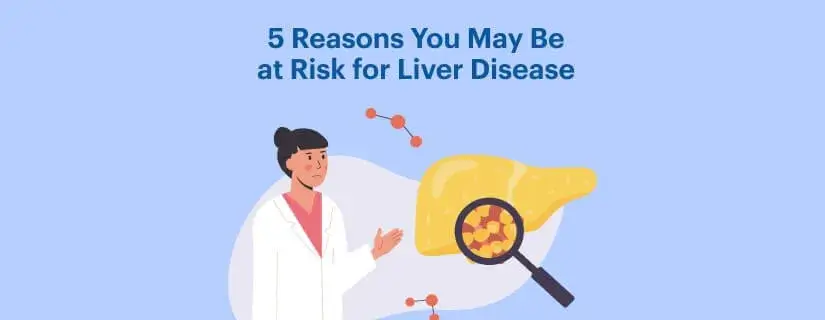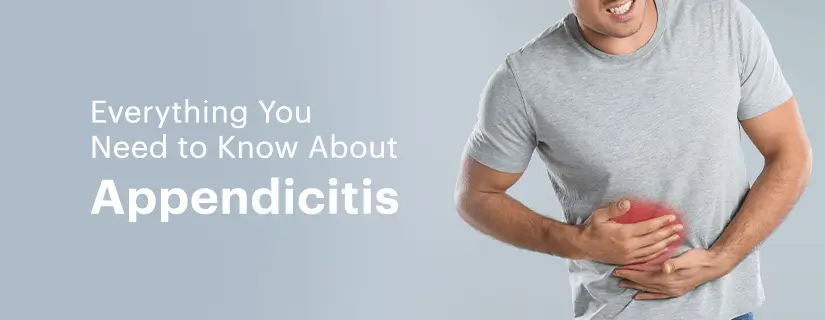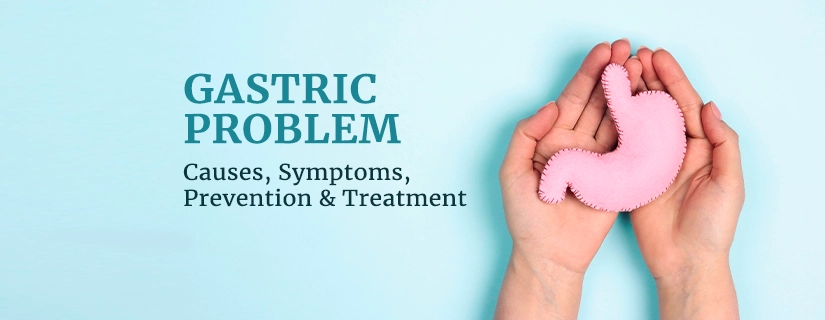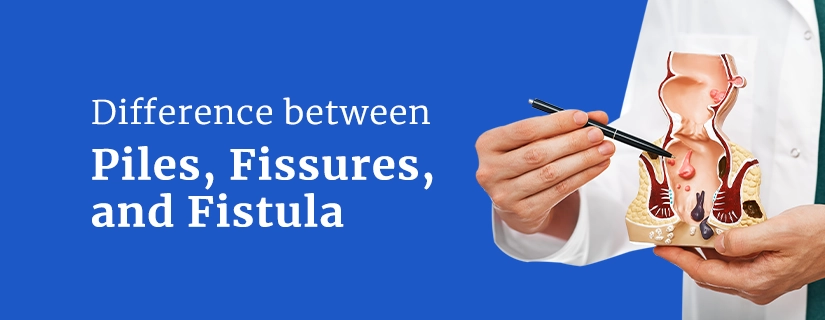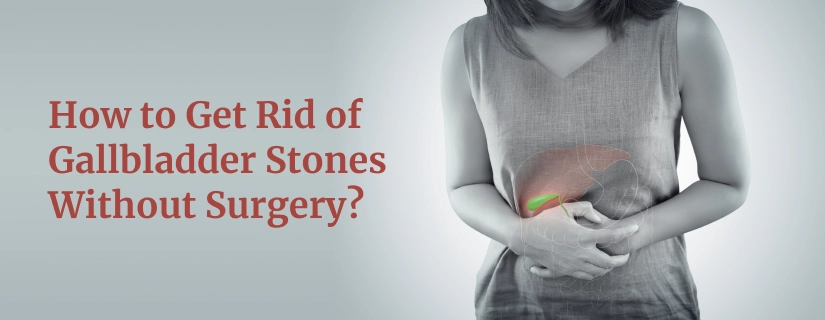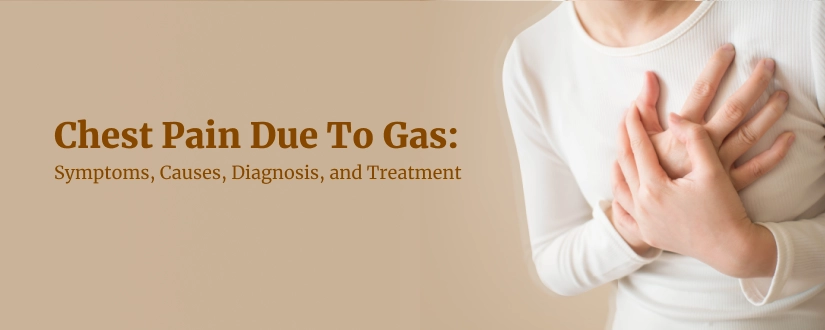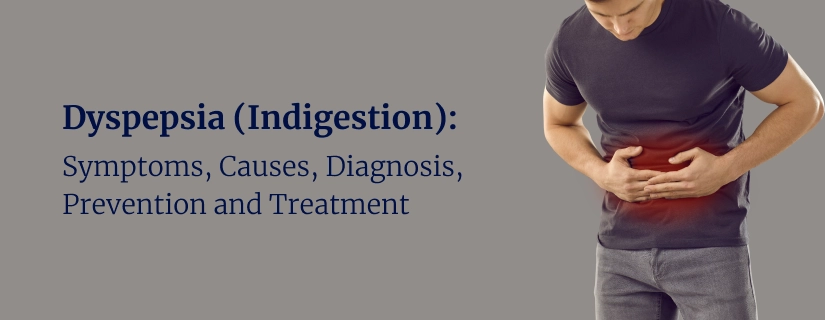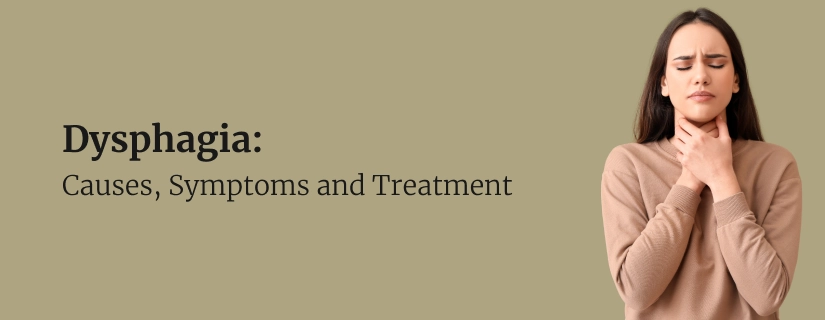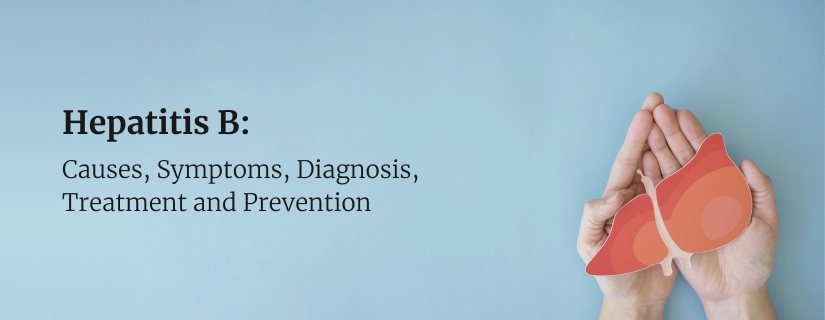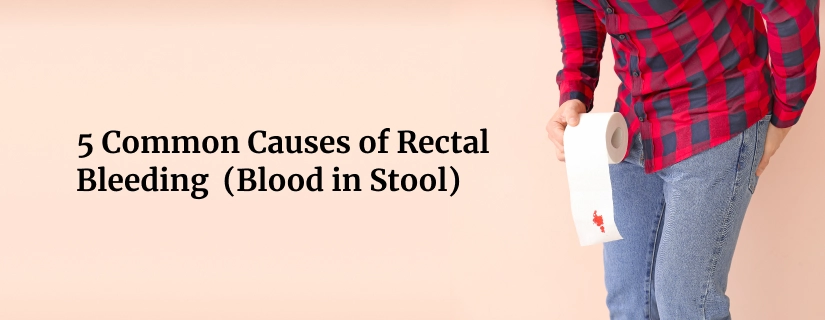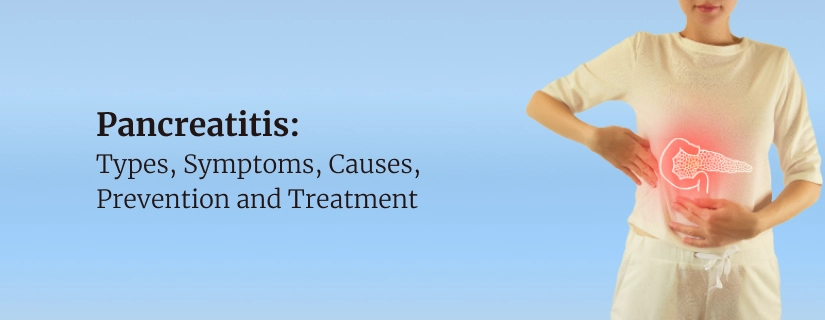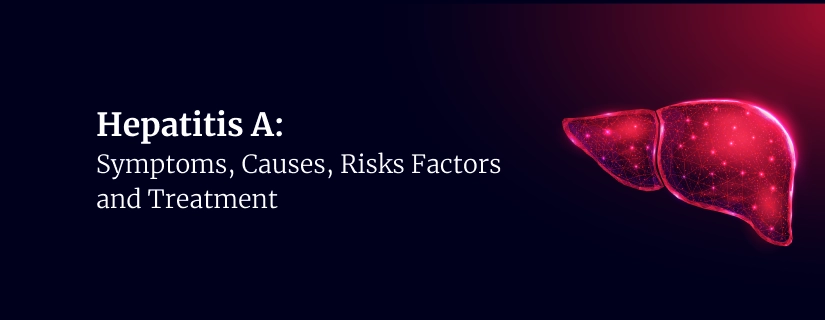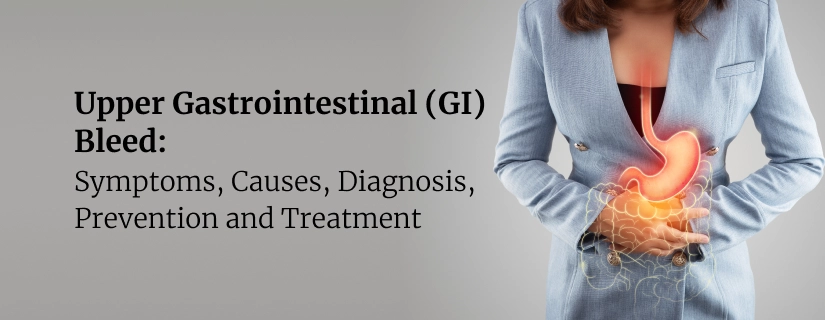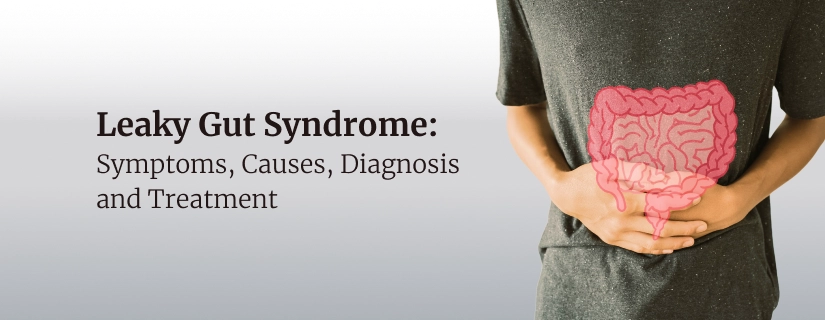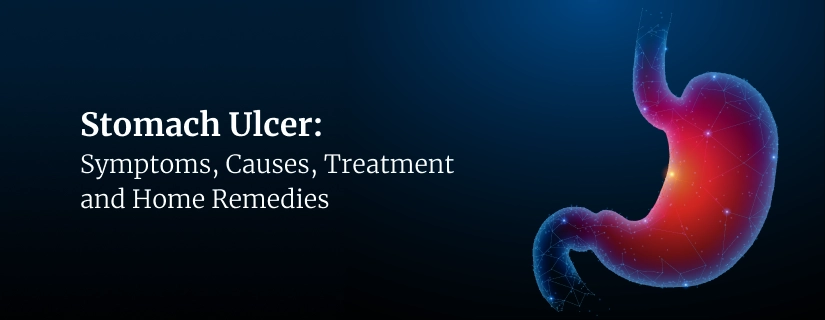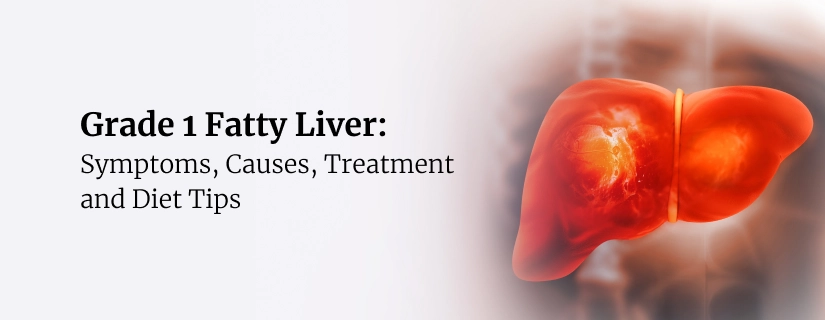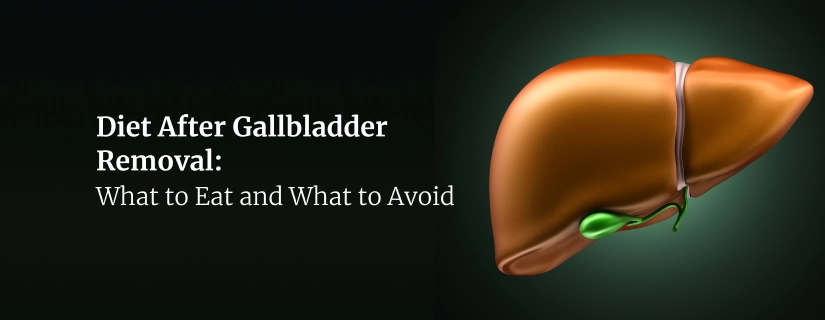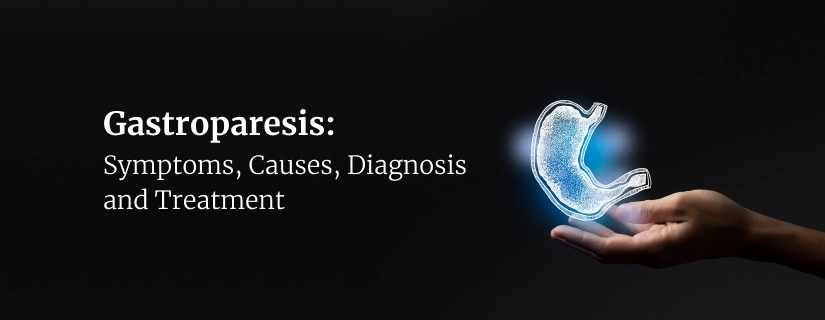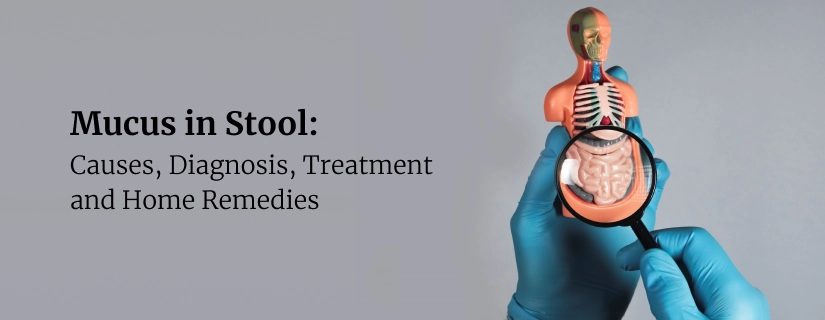-
Doctors
-
Specialities & Treatments
Centre of Excellence
Specialties
Treatments and Procedures
Hospitals & Directions HyderabadCARE Hospitals, Banjara Hills CARE Outpatient Centre, Banjara Hills CARE Hospitals, HITEC City CARE Hospitals, Nampally Gurunanak CARE Hospitals, Musheerabad CARE Hospitals Outpatient Centre, HITEC City CARE Hospitals, Malakpet
HyderabadCARE Hospitals, Banjara Hills CARE Outpatient Centre, Banjara Hills CARE Hospitals, HITEC City CARE Hospitals, Nampally Gurunanak CARE Hospitals, Musheerabad CARE Hospitals Outpatient Centre, HITEC City CARE Hospitals, Malakpet Raipur
Raipur
 Bhubaneswar
Bhubaneswar Visakhapatnam
Visakhapatnam
 Nagpur
Nagpur
 Indore
Indore
 Chh. Sambhajinagar
Chh. SambhajinagarClinics & Medical Centers
Book an AppointmentContact Us
Online Lab Reports
Book an Appointment
Consult Super-Specialist Doctors at CARE Hospitals
Belly Button Pain (Periumbilical Pain): Causes, Treatment and When to See a Doctor
Updated on 6 February 2024

Your belly button, the navel or umbilicus, doesn't serve any purpose once you're born. It's a leftover mark or scar from when you were connected to your mum by the umbilical cord. During pregnancy, this cord does the job of supplying you with oxygen and nutrients. Once you are born, the cord gets snipped, and that's what leaves you with this belly button. Have you ever had a weird ache around your belly button? Periumbilical pain or commonly called belly button pain is a common complaint one should not ignore. Most people try to ignore it. Pain around the belly button can be a sign of underlying diseases that require prompt medical attention.
In this article, we will explore the various causes of pain around the belly button, when to see a doctor, and belly button pain treatment.
Belly Button Pain Causes
Let's discuss the various causes of belly button pain one by one:
- Umbilical hernia: One possible cause of pain at the belly button is an umbilical hernia, which can result in a visible bulge and sharp pain around the affected area. The hernia can progress, increase in size, and cause further problems if not treated with surgery.
- Appendicitis: Another cause of abdominal belly button pain is appendicitis, which initially presents as a dull ache around the belly button before migrating to the lower right side of the abdomen. The pain may intensify in severe cases and accompany other symptoms such as nausea and fever.
- Pain Above and Around the Belly Button: Pain above and around the belly button can be due to several conditions. One possible cause is gastritis, which is inflammation of the stomach lining. This condition can lead to a burning or gnawing pain in the upper abdomen, including the area around the belly button. Another potential cause of aches above the belly button is a stomach ulcer, a sore that develops on the stomach lining. A stomach ulcer can cause a sharp, stabbing pain above the belly button. Other causes of pain in this region include gastroenteritis, pancreatitis, and gallstones.
- Pain Below the Belly Button: Pain below the belly button can be indicative of various issues, particularly in women. One common cause is menstrual cramps, also known as dysmenorrhea. These cramps can cause a throbbing pain in the lower abdomen, including below the belly button. Another potential cause is bladder or urinary tract infection (UTI), which can cause a dull ache or pressure below the belly button. In some cases, pain below the belly button may also be due to several conditions, such as pelvic inflammatory disease (PID), endometriosis, or ovarian cysts.
What causes belly button pain when the belly button is touched?
Belly button pain when touched can be caused by several factors:
- Infections: An infection in or around the belly button, such as an umbilical infection, can cause tenderness and pain when touched.
- Hernias: An umbilical hernia, where part of the intestine bulges through the abdominal wall near the belly button, can become painful, especially when pressed.
- Abdominal Strain: Overusing or straining the abdominal muscles can make the area around the belly button sore, leading to pain when touched.
- Cysts: Fluid-filled sacs or benign growths near the belly button can be sensitive and cause discomfort when touched.
- Digestive Issues: Problems like gas or constipation can cause localized pain around the belly button, which might be more noticeable when touched.
- Post-Surgical Pain: If you’ve had recent abdominal surgery, the area around the belly button might be sore and sensitive to touch.
How does it cause belly button pain?
Belly button pain can have several causes, ranging from minor issues to more serious conditions. Here are some common reasons:
- Infections:
- Umbilical Infection: Bacteria or fungi can infect the area around the belly button, leading to pain, redness, or discharge.
- Post-Surgical Infection: After surgery near the belly button, such as an appendectomy or hernia repair, infections can cause localized pain.
- Hernias:
- Umbilical Hernia: When a part of the intestine or fatty tissue pushes through the abdominal wall near the belly button, it can cause pain and swelling.
- Digestive Issues:
- Appendicitis: Pain from appendicitis often starts around the belly button and then moves to the lower right abdomen.
- Gas or Constipation: Excessive gas or constipation can cause discomfort or pain in the belly button area.
- Abdominal Strain:
- Muscle Strain: Overuse or stretching of abdominal muscles can lead to pain around the belly button.
- Cysts or Tumors:
- Benign Cysts: Fluid-filled sacs near the belly button can cause discomfort.
- Tumors: Both benign and malignant tumors can cause localized pain.
- Other Organs Pain:
- Pain from Other Organs: Sometimes, pain from nearby organs, such as the stomach or intestines, can be felt near the belly button.
Belly Button Pain Treatment
Treatment for belly button pain varies based on its cause and can include both home remedies and medical interventions.
- At-Home Treatments: For mild belly button pain, self-care measures might be sufficient:
- Over-the-Counter Medications: Antacids like Zantac (ranitidine) or Prilosec (omeprazole) can help alleviate pain from indigestion.
- Hydration: Drinking plenty of water helps prevent dehydration and supports digestion.
- Dietary Adjustments: Eating smaller, bland meals, such as bananas or crackers, and avoiding spicy or greasy foods, dairy, caffeine, and alcohol may ease pain from indigestion or gastroenteritis.
- Heat Therapy: Applying a heating pad to the abdomen can provide temporary relief from pain.
- Medical Treatments: For more severe cases, medical treatments may be necessary:
- Prescription Medications: Your healthcare provider might prescribe antibiotics for infections, stronger antacids for indigestion, or proton pump inhibitors (PPIs) for peptic ulcers.
- Surgery: Conditions like appendicitis usually require an appendectomy, and umbilical hernias might need surgical repair to reposition the herniated tissue.
How Is Belly Button Pain Diagnosed?
Diagnosing belly button pain involves a medical history review, performing a physical examination, and conducting diagnostic tests. Here’s what the process usually includes:
- Medical History Review: Your healthcare provider will ask about the nature of your belly button pain, including its intensity, location, frequency, and any activities that may worsen or relieve it. They will also inquire about recent abdominal injuries or other symptoms.
- Physical Examination: The provider will examine your abdomen for signs of swelling, bloating, or tenderness. They will check for any abnormalities like hernias by feeling the area around your belly button.
- Lab Tests: Blood tests can detect markers of infection or inflammation and assess organ function. A urinalysis helps identify urinary tract infections, while stool tests can reveal inflammation or infections in the intestines.
- Imaging Scans: Techniques such as X-rays, ultrasounds, CT scans, and MRI scans are used to visualize internal structures in the abdomen. These scans help identify abnormalities like hernias or appendicitis.
When to See a Doctor?
Belly button pain often isn't serious and may go away on its own. However, you should see a healthcare provider if:
- The pain lasts for a week or more.
- It doesn’t improve within 24-48 hours or gets worse.
- It comes with nausea or vomiting.
- It’s accompanied by diarrhea lasting more than five days.
- You have a fever over 100°F (37.78°C).
- You lose your appetite.
Seek emergency medical care if you experience:
- Severe, sharp, or constant pain.
- Tenderness or a hard, rigid belly.
- Pain in your shoulders or between them.
- Trouble breathing.
- Vomiting blood.
- Bloody stools.
- Difficulty passing gas or having a bowel movement.
- Pain after an injury or trauma to your abdomen.
Conclusion
Periumbilical pain or belly button pain can have various causes, ranging from minor to severe medical conditions. Recognizing this symptom and seeking medical advice when necessary is vital. By understanding the pain around the belly button causes, you can be better equipped to identify any underlying health issues and take appropriate action. You remember that early diagnosis and prompt treatment are vital to managing any discomfort and ensuring your overall well-being. Don't hesitate to consult a doctor about belly button pain or other health-related issues.
FAQs
1. Can belly button pain indicate appendicitis?
While belly button pain can be associated with various causes, it doesn't necessarily point directly to appendicitis. Appendicitis often involves pain that starts around the belly button and can move to the lower right abdomen, accompanied by symptoms like nausea, vomiting, and fever.
2. Is belly button pain a symptom of a hernia?
Belly button pain can be a hernia symptom but typically comes with a noticeable bulge or swelling in the affected area. Therefore, proper consultation with the doctor is crucial to rule out possible causes.
3. Is belly button pain a sign of a serious condition?
Belly button pain can sometimes be a sign of a serious condition, like an infection, hernia, or appendicitis, especially if it's severe or persistent. It’s best to consult a doctor to be sure.
4. What causes the belly button to be painful?
Pain around the belly button can be caused by various issues, including infections, hernias, digestive problems, or even abdominal muscle strain.
6. Can belly button pain be related to digestive problems?
Yes, belly button pain can be related to digestive problems, such as gas, bloating, or constipation. Conditions like appendicitis or diverticulitis can also cause pain in this area.
7. What home remedies can help with mild belly button pain?
For mild belly button pain, you can try applying a warm compress, drinking plenty of water, and avoiding heavy or irritating foods. Gentle stretching and relaxation might also help.
8. Why does my belly button hurt when I press on it?
Pain when pressing on the belly button can be due to localized inflammation or irritation in the area. It could be from a minor issue like a hernia or infection.
9. Will a belly button infection go away on its own?
Minor belly button infections may heal on their own with good hygiene and keeping the area clean and dry. However, if the infection worsens or doesn’t improve, seek medical advice.
10. How long should I wait before seeking medical help for belly button pain?
If the pain is severe, persistent, or accompanied by other symptoms like fever, vomiting, or significant swelling, seek medical help promptly. For mild pain, monitor it for a few days and consult a doctor if it doesn’t improve or gets worse.

ENQUIRY FORM
SELECT CATEGORIES
-
Neurosciences (16)
-
Neurology (37)
-
Neurosurgery (14)
-
Orthopaedics (48)
-
Oncology (33)
-
Obstetrics and gynecology (51)
-
Pulmonology (23)
-
Urology (20)
-
Nephrology (13)
-
Psychiatry (7)
-
Dietetics and Nutrition (111)
-
General Medicine (63)
-
Cardiac Sciences (30)
-
Vascular & Endovascular Surgery and Interventional Radiology (10)
-
Gastroenterology (46)
-
Endocrinology (23)
-
Plastic Surgery (10)
-
Critical Care Medicine (5)
-
COVID-19 (16)
-
Dermatology (16)
-
Emergency Care (1)
-
Ophthalmology (4)
-
Pediatrics (14)
-
Laparoscopic and Bariatric Surgery (8)
-
ENT (15)
-
Kidney Transplant (1)
-
Liver Transplantation and Hepatobiliary Surgery (5)
-
General Surgery (3)
-
Internal Medicine (5)
-
Medicine Information
Hepatitis C: Stages, Symptoms, Risks, Treatment and Prevention
How to Stop Diarrhea Fast: 12 Ways to Do
YOU MAY ALSO LIKE
RECENT BLOGS
-

Direct Anterior Approach in Total Hip Replacement: Advantages and Challenges
10 April 2025
Read More
-

Zinc Deficiency: Signs and Symptoms, Causes, Treatment
9 April 2025
Read More
-

Chest Pain When Coughing: Causes, Treatment and Home Remedies
9 April 2025
Read More
-

12 Health Benefits of Eating Mushrooms
8 April 2025
Read More
-

7 Health Benefits of Blood Donation You Should Know About
8 April 2025
Read More
-

Implantation Bleeding Vs Periods: Know the Difference
28 February 2025
Read More
-

Bloating During Ovulation: Symptoms, Causes and Remedies
28 February 2025
Read More
-

Itching During Dengue: Causes, Treatment and Home Remedies
18 February 2025
Read More
Have a Question?
If you cannot find answers to your queries, please fill out the enquiry form or call the number below. We will contact you shortly.







